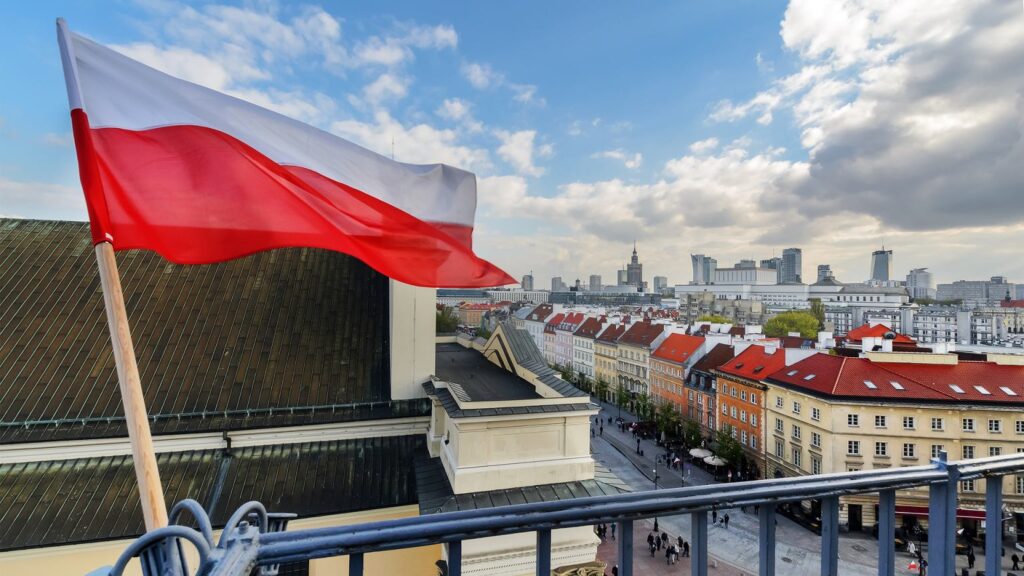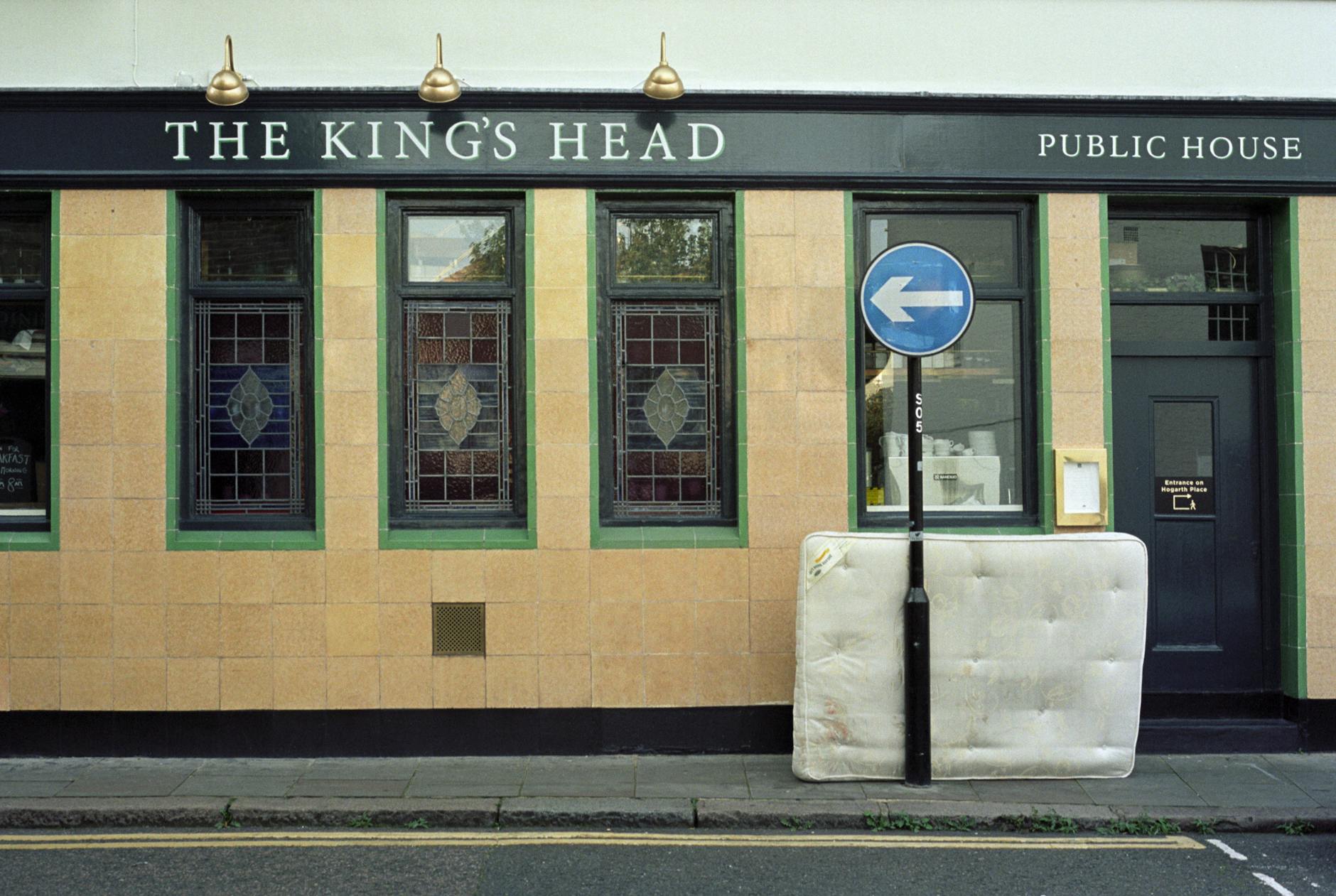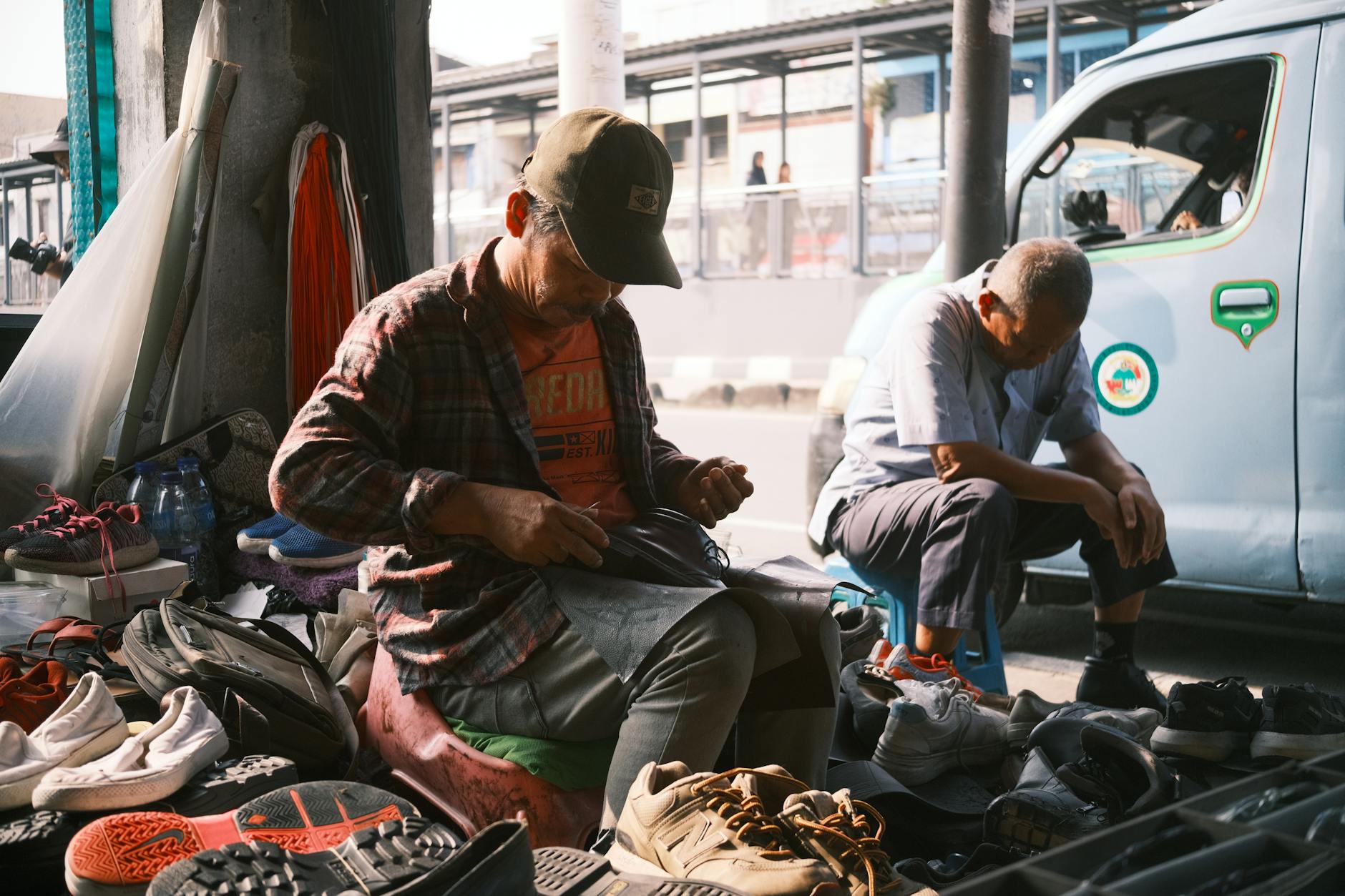Top 10 Cultural Misunderstandings in Poland: What Every Traveler Needs to Know
Traveling to a new country is not just about sights and scenery; it’s about immersing oneself in a new culture. Poland, with its rich heritage and vibrant traditions, is no exception. However, cultural misunderstandings can arise, creating unexpected challenges for even the most seasoned travelers. This guide explores the top 10 cultural misunderstandings in Poland, providing valuable insights and actionable advice to navigate them gracefully.

1. The Duality of Language: English vs. Polish
Poland is a country where the love for its native language, Polish, is deeply ingrained. While many Poles speak English, especially the younger generation and in major cities, always starting a conversation with a polite ‘Dzień dobry’ can set a positive tone.
Insight:
- Misunderstanding may arise when travelers assume English suffices in all settings.
- Solution: Learn basic Polish phrases and express effort in using them.
2. Formality is Key: Titles and Introductions
Poles highly value formality and respect, especially in initial interactions. Titles such as ‘Pan’ and ‘Pani’ (equivalent to Mr. and Mrs.) should be used unless a familiar relationship is established.
Insight:
- Avoid assumptions of immediate familiarity.
- Solution: Pay attention to social cues and adapt.
3. Silence is Golden: Social Dynamics
In Poland, silence is not uncomfortable; it’s often a sign of comfort and understanding in company.
Insight:
- Misinterpret silence as an awkwardness or hostility.
- Solution: Accept pauses as part of the conversation flow.
4. Hospitality vs. Opposition: The Polish Smile
Poles may not smile often in public as part of their cultural demeanor, which may be misinterpreted as unfriendliness.
Insight:
- Don’t equate a lack of smiles with a lack of warmth.
- Solution: Direct communication goes a long way in connecting genuinely.
5. The Complex Roles of Religion
With a significant portion of Poles practicing Catholicism, religious customs are intertwined with daily life.
Insight:
- Be mindful of public holidays and Sunday as a day of rest.
- Solution: Research and respect religious tenets to avoid unintentional offense.
6. Paying the Bill: When and How
In Poland, it’s customary for the host to offer to pay. Arguments about bills are seen as rude, unlike in some cultures where splitting is standard.
Insight:
- Understand the difference between a genuine offer vs. politeness.
- Solution: Offer reciprocation in another setting.
7. Punctuality: A Polish Prerogative
Timeliness in Poland is a sign of respect. Being 'fashionably late’ may not align with Polish values.
Insight:
- Arriving late may be perceived as disrespectful.
- Solution: Aim to arrive at social gatherings on time.
8. The Unseen Hand: Superstitions and Taboos
Studies suggest many Poles hold on to traditions and superstitions, affecting even routine matters.
Insight:
- Avoiding black cats or showing someone ladders speaks volumes.
- Solution: Be tactful and inquire politely about taboos.
9. Respect for Privacy: Personal Space and Discussions
Poles prefer meaningful discussions and may avoid casual small talk.
Insight:
- Avoid oversharing initially.
- Solution: Cultivate conversations that respect depth and meaning.
10. The Polish Way of Celebrations
Social gatherings, complete with food and drinks, are taken seriously.
Insight:
- Misinterpret diverse food offerings as excessive.
- Solution: Appreciate the gesture, even if you don’t partake in every course.
Conclusion: Enhancing Cultural Understanding
Fostering cultural understanding requires patience, curiosity, and open-mindedness. Misunderstandings are stepping stones to deeper cross-cultural appreciation when approached with a learning mindset. As you navigate the charming streets of Poland, let this guide be your compass, leading you to meaningful experiences and treasured memories.
With this knowledge, you’re now ready to embrace Poland’s cultural tapestry more fully, ensuring that your travels become enriching stories rather than mere observations.















